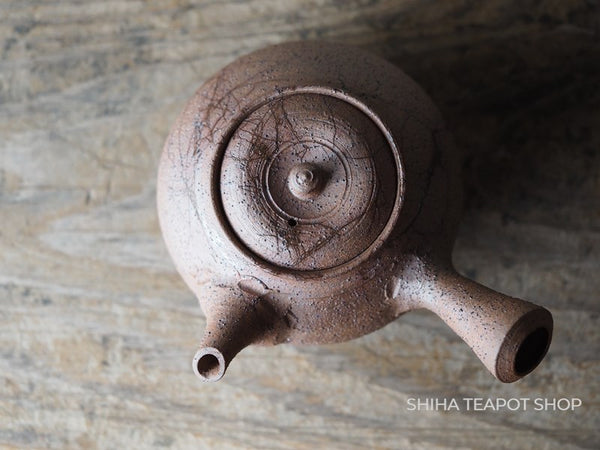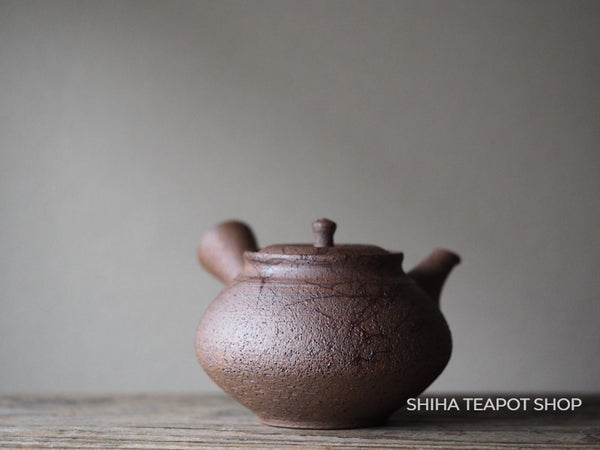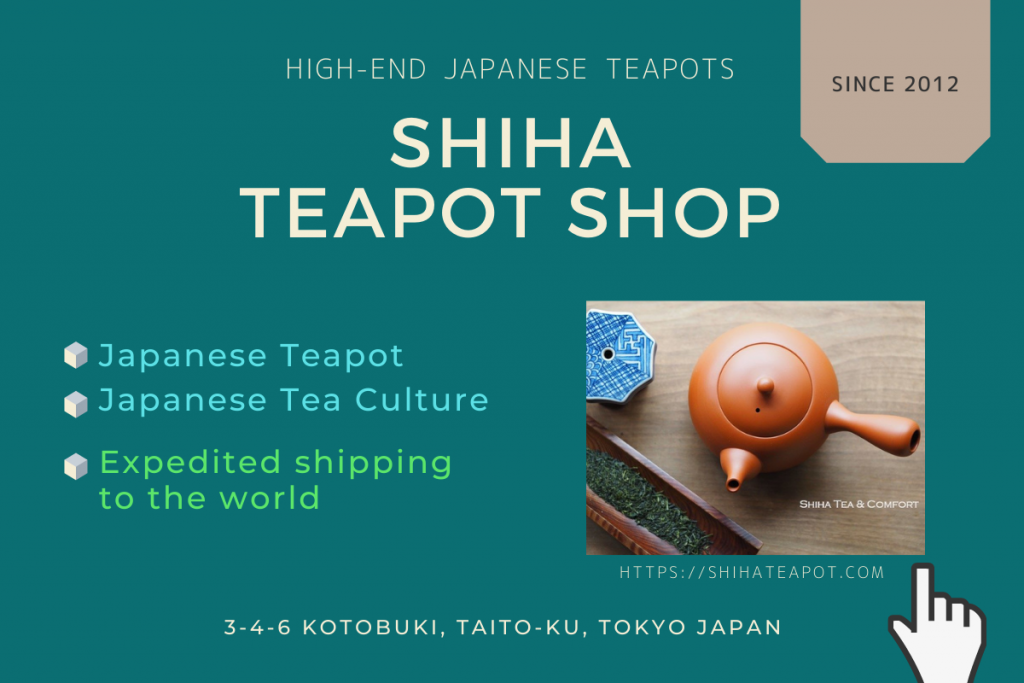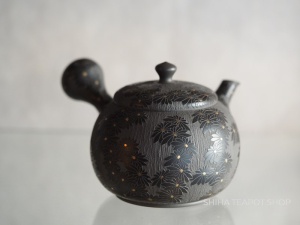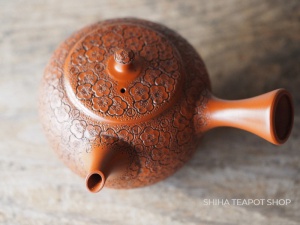Shimizu Hokujo Mokage Nanban-Textured Reddish Brown Clay Teapot 清水北條
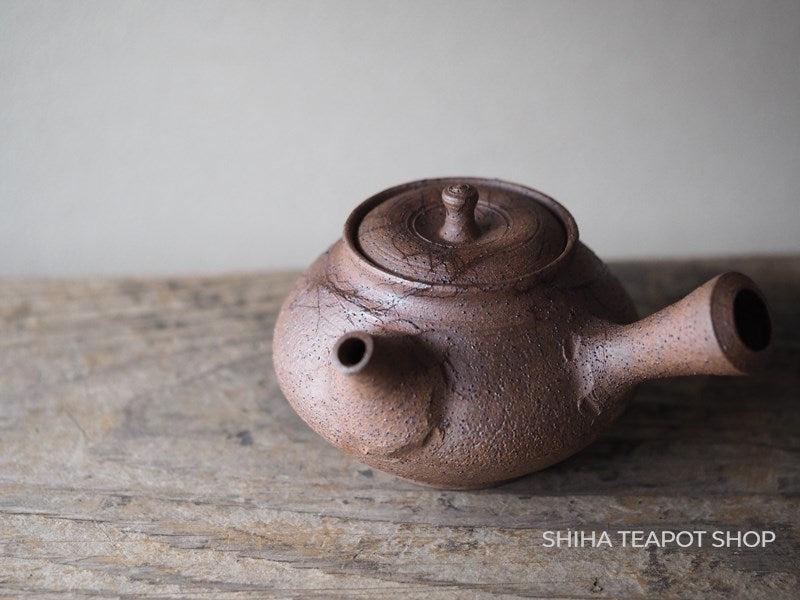
SHIHA TEAPOT SHOP Online Store: https://shihateapot.com
Please also see
Shimizu Hokujo Talks About Mogake (Seaweed) Teapot, Art and Technique
https://shihateapot.com/blogs/news/hokujo-talks-mogake
Simple yet elegant.
Hokujo is devoting his all energy and time to creating the ideal teapots.
His ideal is to create teapots that gives sensation of “nature” “underground soil ” .
“Sensation of underground soil” and “what teapot express” has to be the same for him. What he makes is “Nature” or “Soil” which has teapot shape.
He uses all the techniques and thoughts he has accumulated over 50 years in the production of the teapot.
Hokujo uses clay he dug from a few decades ago in Tokoname, not adding other components so much, just took out sand and stone from the clay.
He thinks Tokoname clay is ideal clay for teapot. He would like to make best use of Tokoname clay.
This teapot looks soft and tender – it is because the clay is hand-mixed. He says that machine-mixed clay can not produce the “fluffy feel”. Hand-mixed clay can keep air in it – it shows softness and tenderness.
Using machine can produce certain amount of clay, but if you use hand, only small amount of clay is produced. Therefore Hokujo can only create small number of teapots with this clay.
Hokujo’s art and technique of mogake is binding seaweed on teapots to make the seaweed looks as if it is swaying in the sea.
Hokujo says teapots he produced now is the best teapots among he has been produced in the past. Making clay, making form, firing etc he is spending all his energy and technique into his best teapots.
Tokoname city designated Hokujo’s teapot making technique as Intangible cultural property. (handmade with rokuro)

